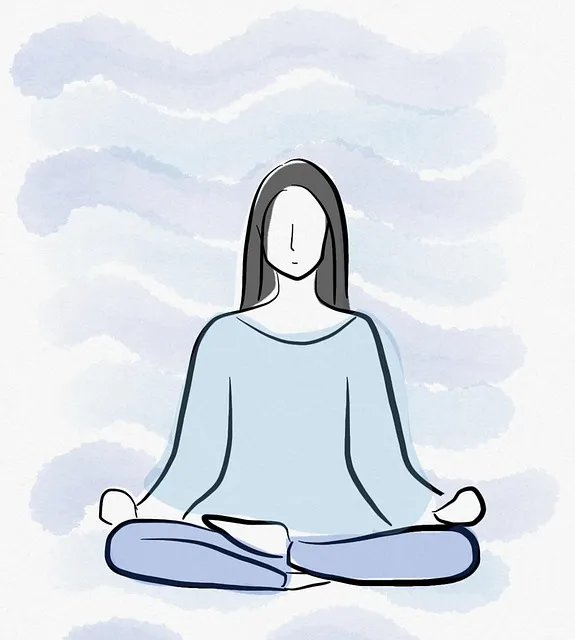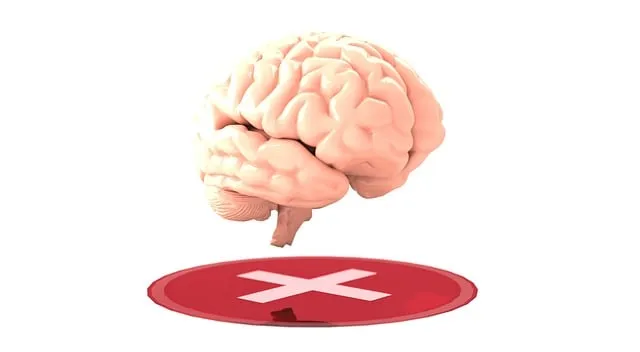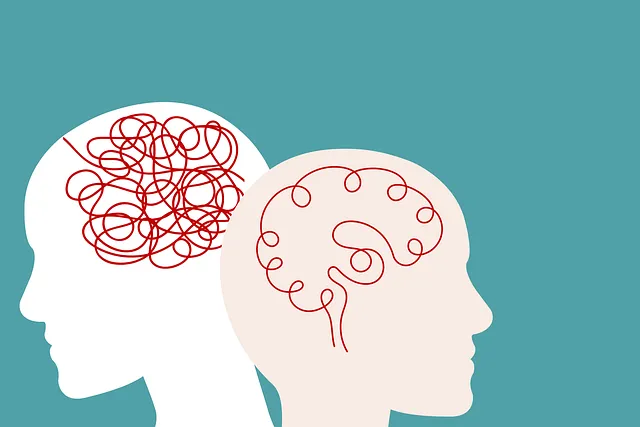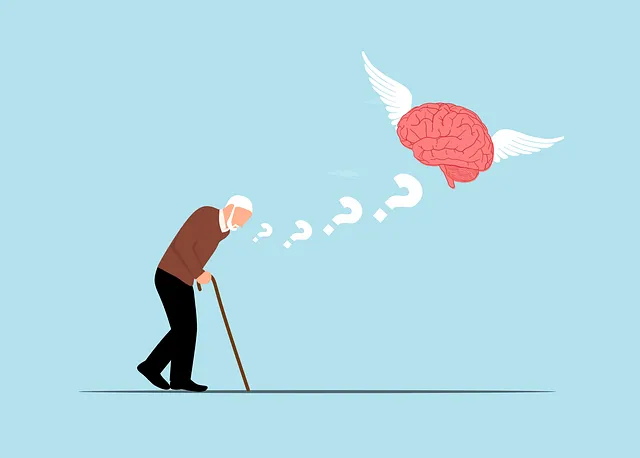Denver Kaiser Permanente mental health center reviews highlight the significance of creating a safe, supportive, and inclusive environment for effective group therapy sessions. Facilitators should ensure active participation, respect, and confidentiality to make members feel valued and encourage open emotional expression. Techniques like icebreakers, ground rules discussions, and interactive activities foster community and trust, allowing individuals to build inner strength and improve self-esteem. Positive reviews underscore the success of these practices in facilitating mental wellness journeys through camaraderie and understanding.
“Unleash the power of group facilitation for enhancing mental wellness! This guide, inspired by the transformative practices at the Denver Kaiser Permanente mental health center, offers a comprehensive toolkit for professionals. Learn how to create a safe haven, engage participants, and facilitate meaningful discussions. From setting the stage with icebreakers to handling conflicts, these techniques ensure every session is impactful. Discover strategies to foster open dialogue, measure progress, and revolutionize mental healthcare through group therapy.”
- Setting the Stage for Group Therapy Sessions
- – Creating a Safe and Supportive Environment
- – Establishing Ground Rules and Expectations
Setting the Stage for Group Therapy Sessions

Creating a supportive and inviting environment is paramount when facilitating group therapy sessions. At the Denver Kaiser Permanente mental health center, reviews highlight the importance of setting a positive tone from the outset. A skilled facilitator should ensure every member feels welcomed, valued, and safe to express their thoughts and emotions openly. This involves establishing clear boundaries, promoting active participation, and fostering a sense of community among participants.
Techniques such as icebreakers, ground rules discussions, and interactive activities can help break the ice and encourage connection. By prioritizing a warm and inclusive atmosphere, facilitators enable individuals to build on their inner strength development and self-esteem improvement journey. This foundation is crucial for successful group therapy outcomes, fostering an environment where positive thinking thrives and members support each other’s mental wellness journeys.
– Creating a Safe and Supportive Environment

Creating a safe and supportive environment is a cornerstone of effective mental wellness group facilitation. At Denver Kaiser Permanente mental health center reviews, professionals emphasize building trust and fostering an atmosphere where participants feel comfortable sharing their experiences. Techniques like active listening, empathy, and non-judgmental feedback help create this space. Facilitators should encourage open dialogue, ensuring every voice is heard and respected, thereby promoting emotional well-being promotion techniques that build camaraderie and understanding.
This safe haven facilitates the exploration of self-care routine development for better mental health. By nurturing a supportive environment, facilitators can guide groups in managing anxiety relief strategies together, making sessions not just informative but also therapeutic. It’s a crucial step in helping individuals navigate their mental health journeys, as evidenced by positive Denver Kaiser Permanente mental health center reviews.
– Establishing Ground Rules and Expectations

Establishing clear ground rules is a fundamental aspect of creating a safe and supportive environment for participants in mental wellness groups. As a facilitator, setting expectations early on is key to ensuring everyone feels heard and respected. This process involves discussing topics like confidentiality, active participation, respect for diverse perspectives, and the importance of non-judgmental attitudes. By doing so, facilitators at Denver Kaiser Permanente mental health centers, as reviewed by many satisfied patients, can foster an inclusive space that encourages open dialogue and personal growth.
Incorporating cultural sensitivity in mental healthcare practice is another critical rule. Recognizing and respecting the unique backgrounds and experiences of group members strengthens the therapeutic process. Facilitators should promote self-esteem improvement by encouraging participants to share their stories while acknowledging individual differences, as per the Mental Health Policy Analysis and Advocacy guidelines. This approach not only enhances cultural competence but also builds a sense of community within the group, making it an effective platform for personal well-being initiatives.
Group facilitation techniques are powerful tools in fostering mental wellness, as evidenced by successful programs at Denver Kaiser Permanente mental health centers. By creating safe spaces, establishing clear ground rules, and setting expectations, facilitators can help individuals navigate their challenges through peer support and shared experiences. This approach not only enhances therapeutic outcomes but also underscores the importance of community in one’s journey towards mental well-being, as reviewed by satisfied clients at Kaiser Permanente Denver.






